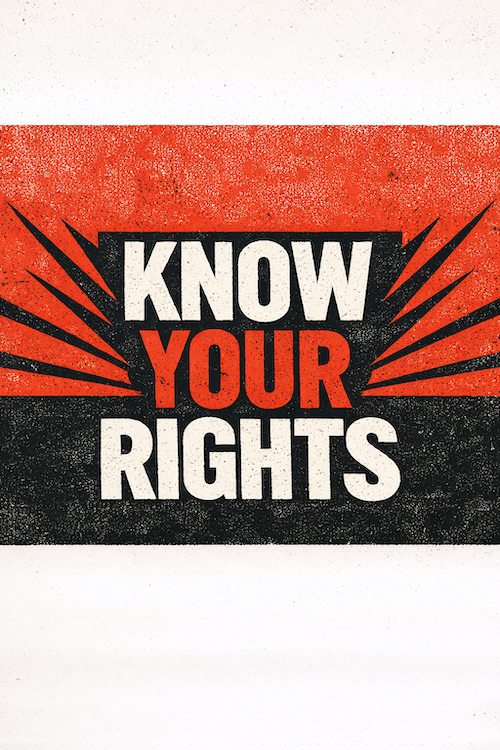EEOC Says Transgender Applicants and Employees Protected Under Title VII
On April 20, 2012, the Equal Employment Opportunity Commission (EEOC) ruled in Macy v. Holder that transgendered applicants and employees are protected from employment discrimination by Title VII of the Civil Rights Act of 1964. This landmark decision marks the first time that a federal court or agency has extended Title VII’s prohibition on sex discrimination to include a prohibition on gender identity discrimination as well.
Ms. Macy’s Complaint
In December 2010, a transgender woman, Mia Macy, applied for a position at the Bureau of Alcohol, Tobacco, Firearms and Explosives (the “ATF”). When Ms. Macy spoke to the Bureau’s director about the position, she presented her gender as male.
The ATF tentatively offered Ms. Macy the position, pending the completion of a satisfactory background check. The ATF then instructed Ms. Macy to contact the outside contractor responsible for filling the position to begin the background investigation process.
During her background investigation, Ms. Macy advised the outside contractor that she was transitioning her gender from male to female. The outside contractor informed the ATF of Ms. Macy’s intended change in name and gender classification. Shortly thereafter, Ms. Macy received an email from the contractor stating that the position at the ATF was no longer available due to budgetary concerns.
Ms. Macy filed a formal discrimination complaint with the ATF in which she alleged discriminatory failure to hire based on sex, gender identity and sex stereotyping. The ATF classified her discrimination claim into two separate claims, one “based on sex (female) under Title VII” and the other based on “gender identity stereotyping.” The ATF concluded that Ms. Macy’s gender identity claim could not be investigated as a Title VII claim because it was outside the scope of Title VII — which, according to the ATF, prohibited only sex discrimination and not gender identity discrimination.
Ms. Macy appealed the ATF’s determination to the EEOC. In her appeal, Ms. Macy asked the EEOC to rule that the ATF is required to investigate her gender identity discrimination claim just as it would a Title VII sex discrimination claim.
The EEOC’s Ruling
The EEOC ruled in Macy that “claims of discrimination based on transgender status, also referred to as claims of discrimination based on gender identity, are cognizable under Title VII’s sex discrimination prohibition.” In other words, according to the EEOC, when “an employer discriminates against someone because the person is transgender, the employer has engaged in disparate treatment related to the sex of the victim.'” The EEOC reached the result relying heavily on the seminal U.S. Supreme Court decision in Price Waterhouse v. Hopkins, 490 U.S. 228 (1989) and its progeny.
The EEOC’s ruling can be found here.
Impact on Employers
For California employers, discrimination against transgender applicants or employees has been prohibited since 2004. That prohibition resulted from Legislature’s passage of the Gender Nondiscrimination Bill of 2003, which amended the Fair Employment and Housing Act to specifically include “gender identity and expression” as a protected classification under state law.
But California is in the minority — only 15 other states prohibit employment discrimination based on gender identity. Prior to Macy, no federal court had held that Title VII included gender identity discrimination within the meaning of sex discrimination. Thus, transgender applicants and employees in those 35 other states had no job protection. Now, after Macy, the practical effect of the ruling is that transgender people in all 50 states are protected by federal law and have legal recourse if they are denied a job or fired because they are transgender.
The EEOC’s ruling in Macy, issued without objection by the bipartisan commission, will apply to all EEOC enforcement and litigation activities at the commission and in its 53 field offices throughout the country. The ruling is binding on all federal agencies and departments and should be entitled to judicial deference in both state and federal courts.
Insights
OUR BLOG


